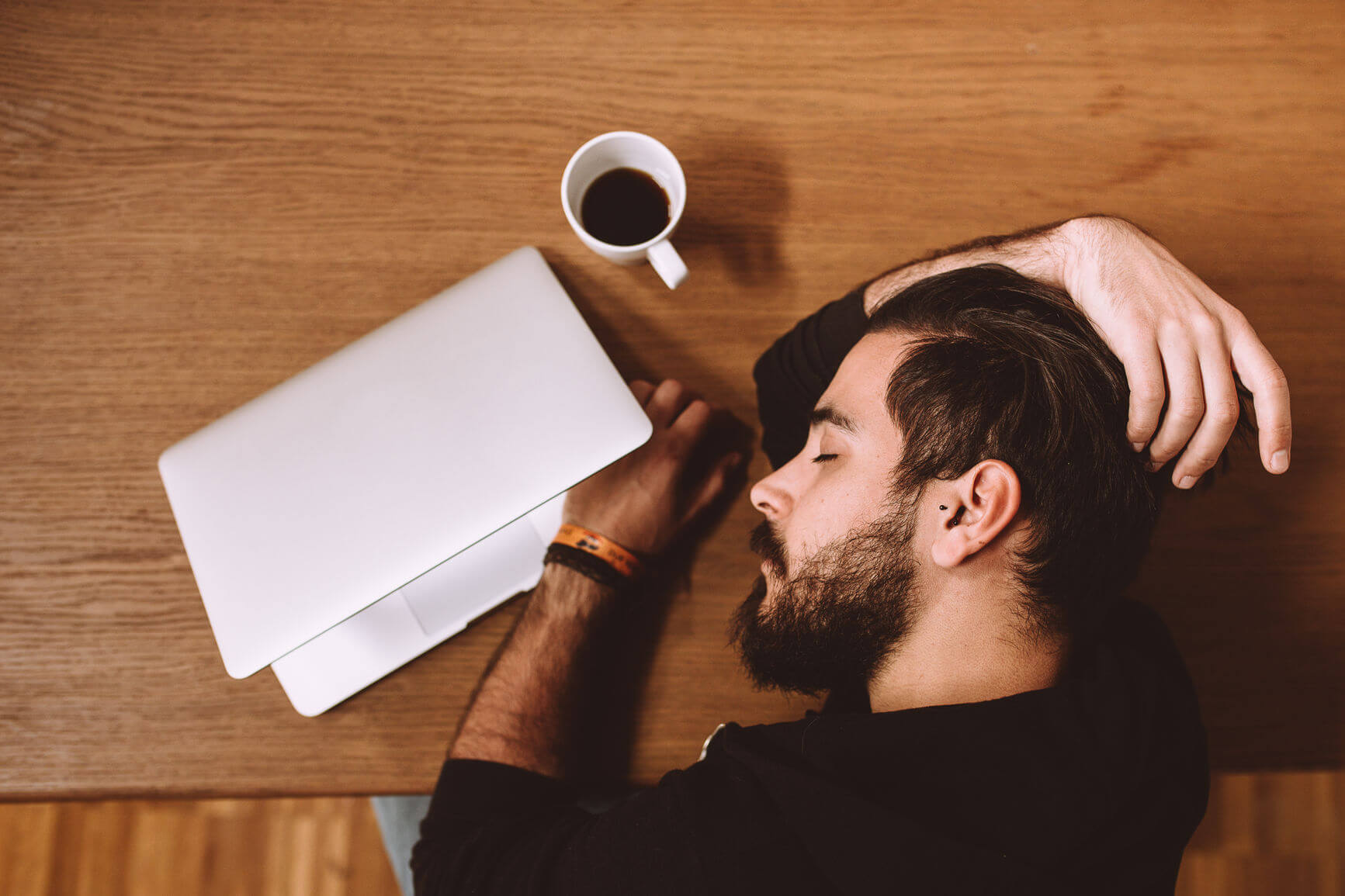-
* Must be 16 years or over to register for Medibank Live Better rewards. Some program partners and earning activities require a person to be at least 18 years of age to be eligible to earn and/or redeem a reward. Must be a Medibank member with hospital cover, extras cover, or hospital and extras cover, be up-to-date with premium payments and have signed up to Medibank Live Better rewards in the My Medibank app to earn Live Better points for eligible purchases and redeem rewards. Excludes Overseas Student Health Cover (OSHC), Ambulance only cover, ahm covers and other selected covers. Live Better Management Pty Ltd, ACN 003 457 289 has entered into commercial arrangements with Medibank Live Better program partners and may receive commissions. Additional terms and conditions may apply to points earning activities and rewards. Points earning activities and rewards are subject to change and may be subject to availability. Wherever possible, we will give you notice of these changes. See full Medibank Live Better rewards terms.
Harness your incredible by taking out eligible Hospital and Extras cover with our current offer. Find out more

Live Better – enjoy your incredible potential.
Here at Medibank, we want to help you do the things you want and fulfil the goals you have. But what makes you live better is a very personal thing. So, we provide a range of wonderful ways you can make the most of your remarkable body and mind.
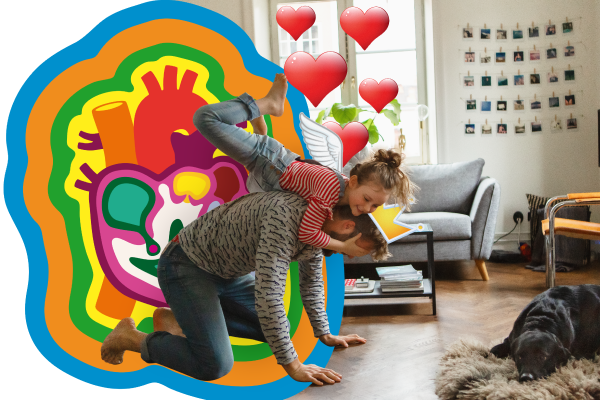
Live Better, you beauty.
Live Better was created to support everyone in Australia to enjoy the things they do every day, with tools to help you eat, move, and feel healthier.
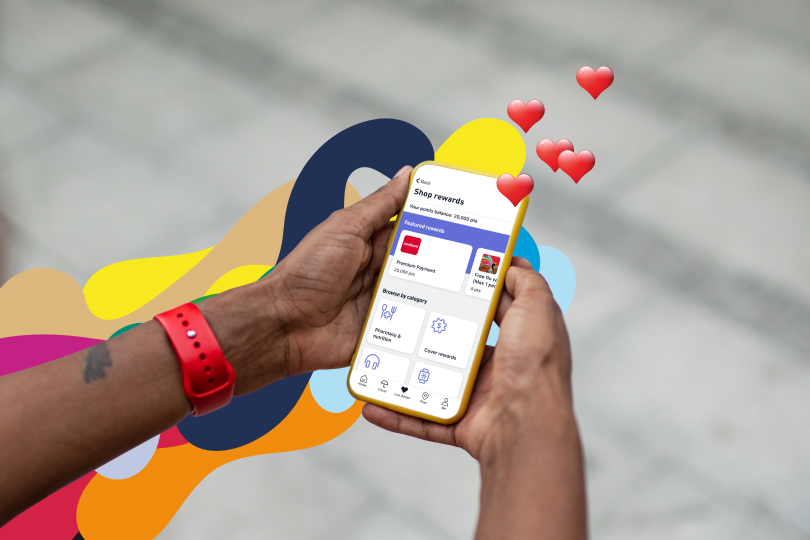
Rewards
We think you should be rewarded for looking after your health, however you enjoy doing that. That’s why eligible Medibank members with hospital or extras cover can now earn rewards* with our Live Better program.
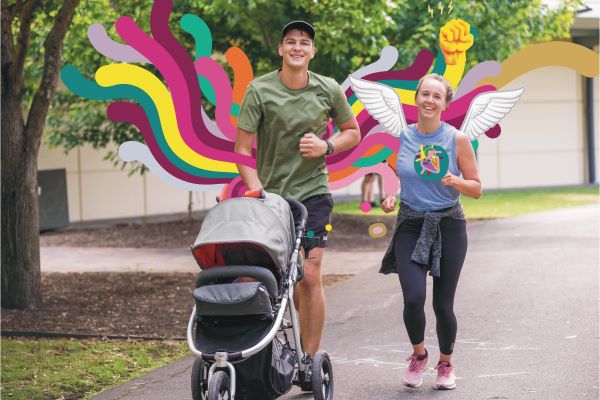
Activities
We believe a connected community is a healthier community. That’s why you’ll find us getting involved in events and activities in your neighbourhood, like parkrun and the AFLW. Come and join the fun: everyone is welcome.
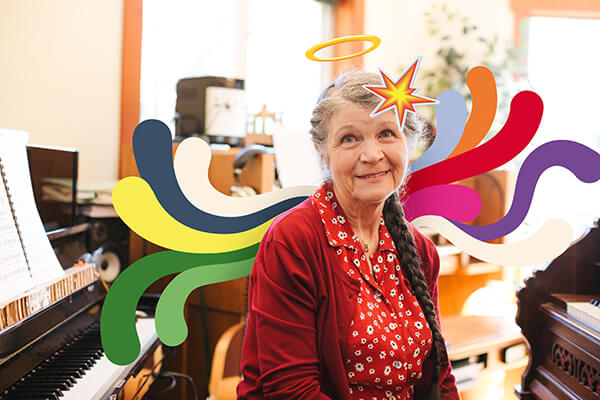
Inspiration

Live Better, get rewarded
You could earn up to $400 worth of rewards every year^
Live Better rewards is a health and wellbeing program inspiring, supporting and rewarding you to eat, move, and feel better, all while enjoying the things you do every day. Medibank members with eligible hospital or extras cover could earn up to $400 a year in rewards by redeeming the points earned for taking healthy actions. Plus, if you shop with our partner brands, you could earn even more points!
Download the My Medibank app and click the heart icon to get going.
What we're reading
From expert health advice to delicious recipes and exercise guides for all fitness levels, find the inspiration you need here.
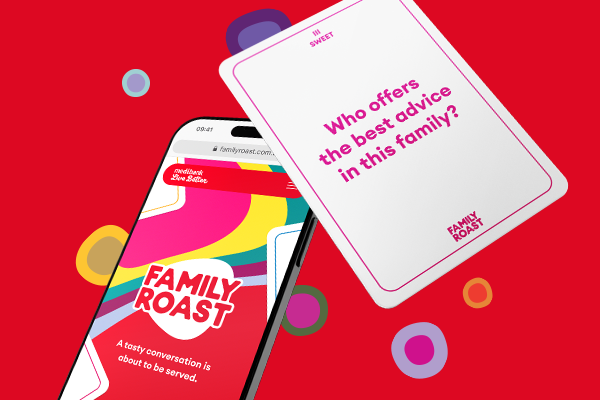
Get together and have a tasty conversation.
The Medibank Family Roast is a card game designed to get families connecting and talking. Because when the bonds of family are stronger, Australia is stronger. So get around the dinner table, it’s time to serve the questions you’ve always wanted to know the answer to.
Why Medibank?
Medibank is Australia’s leading health fund.2 With over 40 years of experience, we understand what better health means for our 3.7 million members.
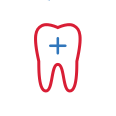
100% back on dental check-ups twice a year on eligible extras~
Here’s something to smile about – Medibank members with eligible extras cover for two months or more get 100% back on up to two dental check-ups every year, including
x-rays, at any Members’ Choice
Advantage dentist.~

Accident Cover Boost
If you have an Accident, you’ll get the benefits of our Gold level hospital cover, no matter what level of hospital cover you have, thanks to our Accidental Injury Benefit.3

24/7 Medibank Nurse
Members with hospital cover can call our phone service to speak to a Medibank nurse about their health concerns at any time of the day or night.4
Things you should know:
2 Based on the number of policies set out in APRA’s Operations of Private Health Insurers Annual Report 2017/18 for Medibank Private Limited.
3 For Accidents that occur in Australia after your cover starts. Must seek medical treatment within 7 days, and receive hospital treatment within 12 months, of the Accident occurring. Excludes claims covered by third parties and our Private Room Promise. Out of pockets may apply.
4 OSHC members should call the Student Health & Support Line on 1800 887 283.
^ Live Better rewards members could earn up to 40,000 Live Better rewards points each calendar year for successfully completing select Live Better rewards points-earning activities. These activities include, but are not limited to, health and wellbeing challenges, the Weekly Goal, onboarding actions, partner activity earn and the daily auto-tracking bonus. This does not include points earned by shopping with Live Better rewards partners or visiting Members' Choice Advantage providers. 40,000 Live Better points could be redeemed for up to $400 worth of rewards from the Live Better rewards store.
Medibank Live Better Challenges & Goals Earning Policy: The participant of a Medibank Live Better Challenge or Goal may not receive Live Better points or may have their already credited Live Better points reversed in accordance with the Medibank Live Better terms and conditions. To earn Live Better points, the participant needs to complete 100% of the eligible Challenge according to the instructions. The number of Live Better points available for Medibank Live Better Challenges and Goals is subject to change without prior notice. To the extent of any inconsistency between this Policy and the Medibank Live Better rewards terms and conditions, the terms and conditions will take precedence.
~ Eligible members on Medibank extras (excluding Healthy Living Extras and Gold Ultra Health) can claim a maximum of two 100% back dental check-ups per member, per year at a Members’ Choice Advantage provider (including bitewing x-rays where clinically required). For members on eligible extras, the first two check-ups do not count towards your annual limit. Members with Healthy Living Extras can get 100% back on one dental check-up each year at a Members’ Choice Advantage provider (including up to two bitewing x-rays, where clinically required) or at a Members’ Choice provider (excluding x-rays). Members with Gold Ultra Health can get 100% back on up to three dental check-ups at a Members’ Choice or Members’ Choice Advantage provider. Members’ Choice and Members’ Choice Advantage providers are not available in all areas. Two month waiting period applies. Some products may have other dental benefits, check your cover summary for details.

